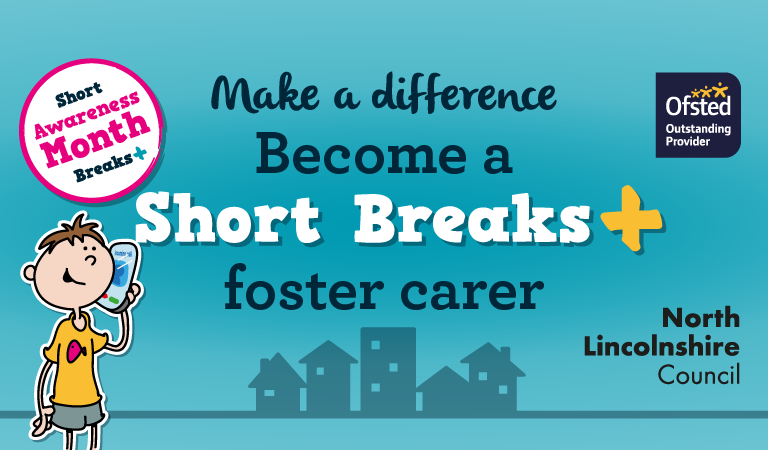North Lincolnshire Council is urging residents to keep warm and well this winter, and look after their health – especially those most at risk, as the cold weather and freezing temperatures set in.
Cold winter weather can be harmful to health, not just by increasing the risk of getting colds, coughs and flu but by weakening the body’s ability to fight off viruses and infections, and increasing risks of high blood pressure, heart disease, strokes and chest infections.
Older people aged 65 and over, and those with a long-term health conditions including heart disease, respiratory conditions and diabetes are particularly vulnerable to winter illnesses.
If you are aware of a neighbour, friend, or relative who is over 65 or has a long-term condition, and may find it difficult to get out, check that they are warm, well and their medicine cabinet and food supplies are stocked up. Having some company may also reduce social isolation.
You can find advice on looking after your health and keeping warm on the winter health page. To find out more about support and activities for older adults, visit the Adult Information Service page.
Funding is available for people who don’t have a heating system in their own home or suffer from a cold related illness. For more information call the council’s Affordable Warmth team on 01724 297000 or go to the affordable warmth page for more details.
The next round of collective switching, where residents can potentially save on their fuel bills starts on 11 December. Sign up online or by calling 01724 297000.
It is important that older people and those with a long term health condition keep both warm in and outside the house. This can be done by:
- Wearing several layers of light clothes
- Making sure the house is heated to at least 18 degrees Celsius
- Encouraging mobility to prevent sitting for long periods
- Closing bedroom windows at night
- Keeping the mouth and nose covered when outside the home as cold air can increase the risk of chest infections
Keeping a well-stocked medicine cabinet could provide protection from becoming unwell or getting worse if already unwell. It is important to get early advice from a pharmacist. This could prevent symptoms getting much worse or a hospital admission.
Coughs, colds and minor ailments can be treated at home and it isn’t always necessary to visit the GP as antibiotics are not needed. You can seek help from your local pharmacist in the first instance before visiting your GP.
Pharmacists provide good health advice and will also be able to give advice on flu jabs and if you are entitled to a free jab and also advise if a visit to your GP is needed. Free flu jabs are available to people aged over 65, carers, people with a long-term health condition and younger adults who are pregnant or have children aged two to three. You can find more information on the flu jab by visiting the NHS website.
The NHS Stay Well This Winter campaign gives advice on being prepared for winter.
There is also the NHS 111 service. This is a free number to call when you have an urgent healthcare need. It directs you to the right local service. It is available across the whole of England making it easier for you to access urgent healthcare services when you need medical help. It is available 24 hours a day, 365 days a year.
Cllr Richard Hannigan, cabinet member for Adults, Health and Wellbeing, said:
“As the temperatures drop during the winter months and with even colder weather predicted, it is vital that we are all prepared to keep warm and stay well. This is especially important for those most at risk of becoming ill.
“Older people aged 65 and over, and those with a long-term health condition are more vulnerable to winter illnesses. Be prepared, ensure you have medicines in your cabinet.
“Also remember if you are a carer of a vulnerable friend or family member it’s important for you to have your flu jab and look after yourself so that you can continue supporting others.
“It isn’t always just ourselves we need to think about though, we should check on our elderly family, friends and neighbours. Make sure they have plenty of food, their heating is working and on, and they wear plenty of layers to keep warm. They might also be happy to see a friendly face.
“You can find lots of great advice at www.northlincs.gov.uk/winterhealth or www.nhs.uk/staywell.”





